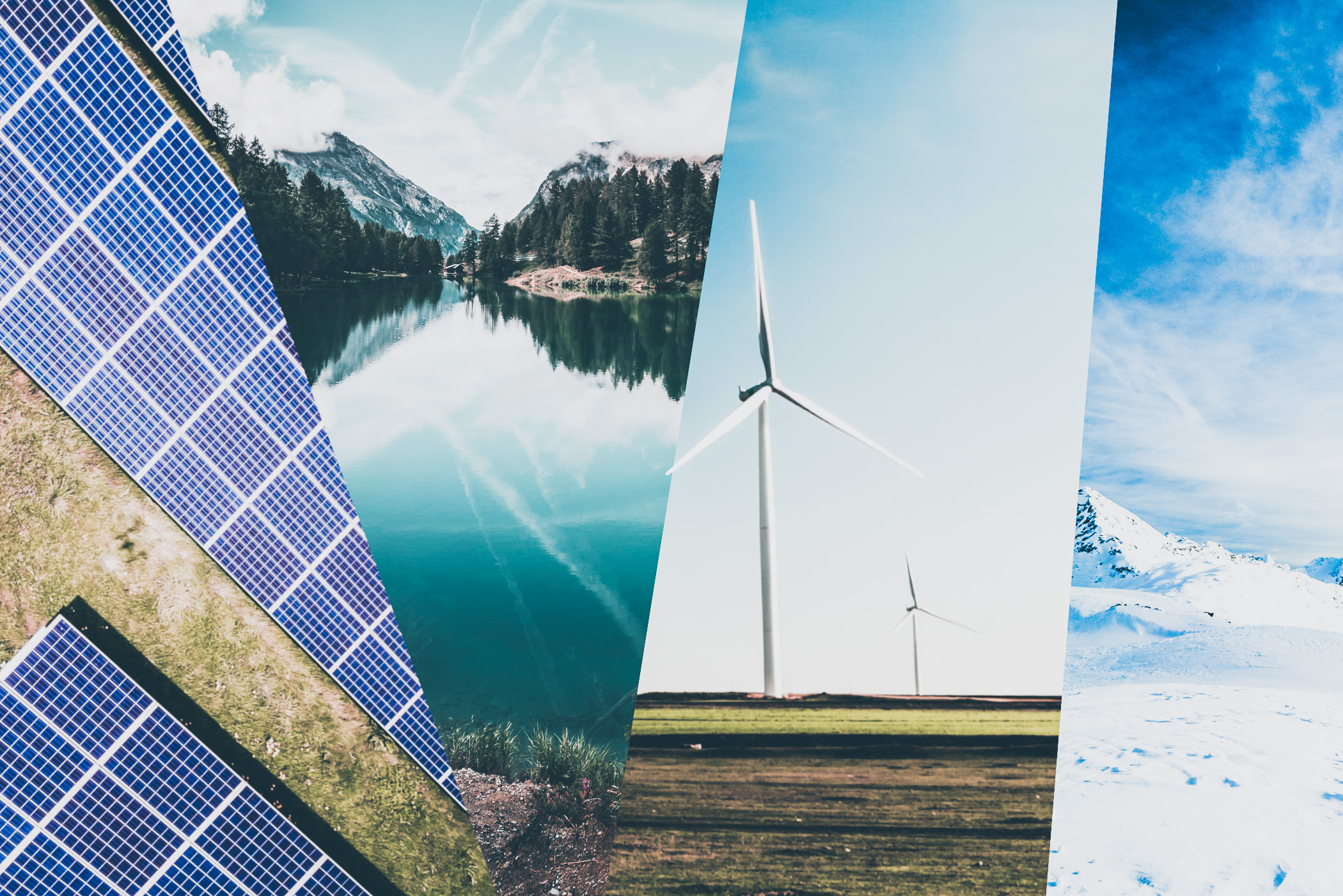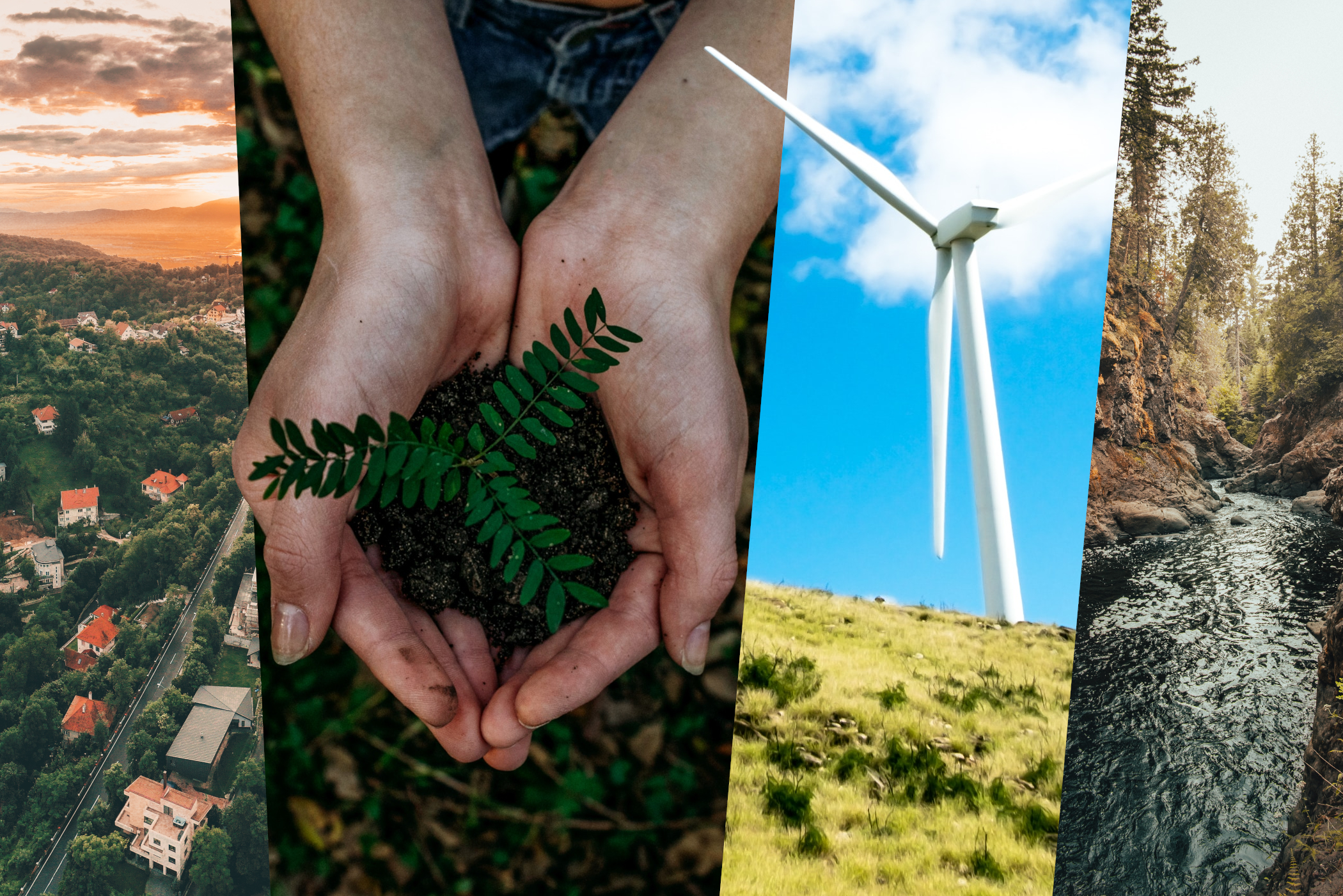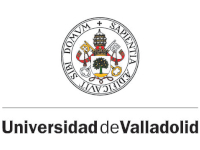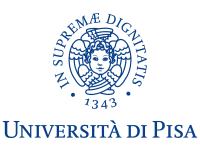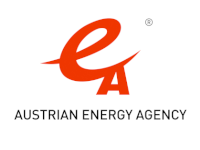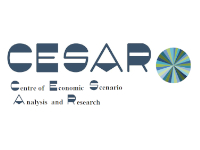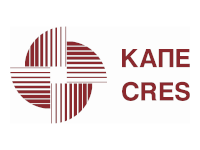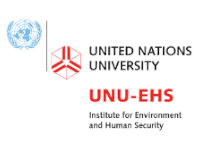LOCOMOTION in brief
We work on designing a new IAM (Integrated Assessment Model) to become a low-carbon society
Europe and the world stand at a turning point. The global climate is heating up. Species are dying out at an unprecedented rate, leading to massive biodiversity loss. Ecosystems are collapsing. Many of the world’s finite resources are being overexploited.
At the centre of this worldwide crisis stands humanity.
Citizens are demanding change, while civil society and policymakers are seeking sustainable alternatives for a low-carbon, net zero-emissions future.
LOCOMOTION is helping in this endeavour by developing a sophisticated model to assess the socioeconomic and environmental impact of different policy options in order to help society make informed decisions about the transition to a sustainable, low-carbon future.

